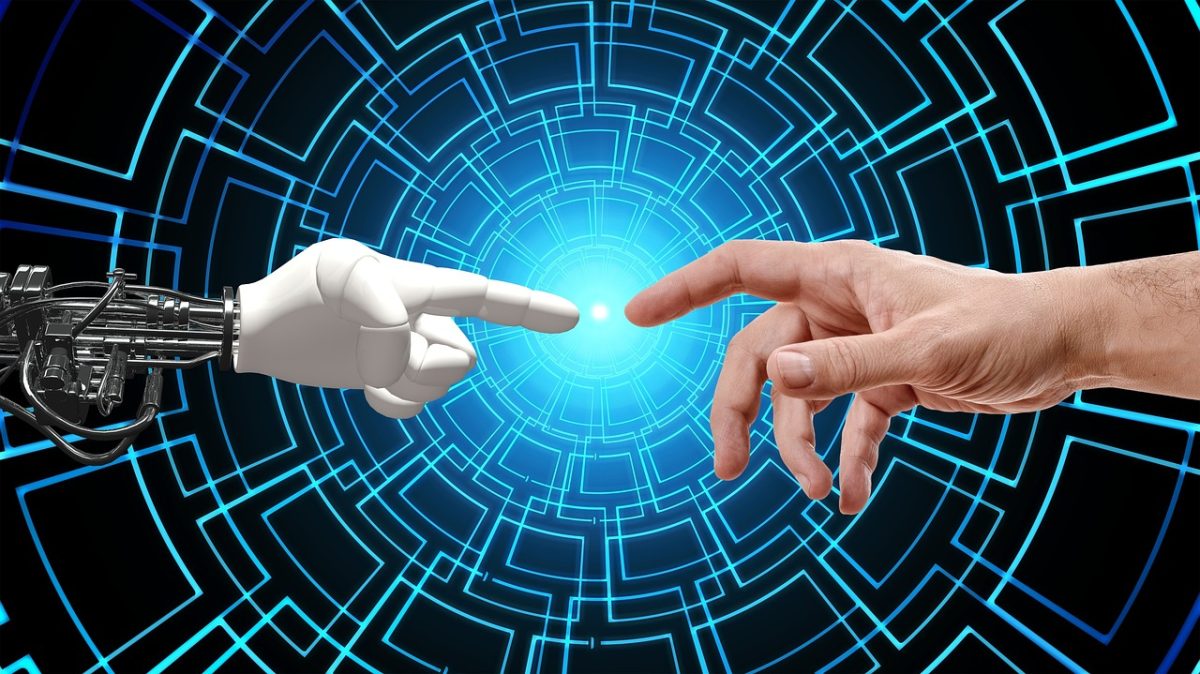What happens when you’re the boss of not humans, but machines? In many workplaces worldwide, AI is taking over roles once run by humans, worker rights, and the economy. As robots and machines take over tasks, could we be headed for a future where humans are pushed to the sidelines? In this article we will be talking about whether you should be worried about your jobs, or if you have nothing to worry about.
AIDA (Artificial Intelligence-Driven Digital Assistant) is a robot whose purpose was first to help employees, but now it can do many things like work at the service desk, helping out with unblocking accounts, fixing Wi-Fi issues, restoring passwords etc. AIDA was first introduced in 2017 by a Swedish bank company called SEB, it stood out from humans, because it did not need any breaks and worked 24/7 365 days a year.
The main reason workers fear a loss of jobs is because they are afraid that AI would be able to do what they do better. After all, employers always want the best and to maximize productivity. If they work the best for the job, they are most guaranteed to be hired right? This theory isn’t true since even after the hiring of AI, supplies of jobs never shrunk because of mechanical workers. In fact, AI is leading to more opportunities for more hiring. In most cases, AI handles the majority of tasks that require more repetition. This leads to workers having to focus on the more important tasks such as sales and marketing. With more free time, that could also enhance productivity and make much better profits in the long run.
AI could lead to an increase in productivity and lead to more opportunities. However, AI could be biased since it was created by humans and developed through previous interactions. If all their conversations were the same, their thoughts would most likely become one sided. Companies also require large volumes of data, and with generative AI tools, security for data could become a major issue. Concerns sparked over worry for consumer’s personal data has led to investigations into whether OpenAI has potentially violated data protection laws.
AI has its ups and downs, like how it could lead to more opportunities for some and not so much for others. AI could lead to job displacement, however there is more data that shows AI being rather helpful to big companies such as SEB bank. AI also runs the risk of insecurity for data from consumers, but there would be much more workers that could assist you since they could have more time spent on more importing things like this. In the end, the biggest advantage of AI is its versatility and ability to enhance efficiency, increase productivity, and generate insights through industries. That means that AI has done more good than harm for consumers. However, AI is a development that certainly demands attention.

